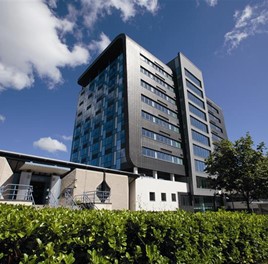

Science
Science courses at Newcastle College are designed to prepare you for a career specialising in applied sciences, biochemistry, forensics or psychology. Whether you're looking for a full-time course, or returning to education to upskill and progress to a degree, we have a range of courses to choose from.
Our state-of-the-art laboratories and facilities are the perfect place to turn your scientific curiosity into a career, by gaining hands-on knowledge and work experience. We have worked with the likes of Akzo Nobel, CPI, Nestlé, Quantum, Suez, Sterling and Parker Hannifin. Browse our courses now if you want to see where a career in science could take you.



